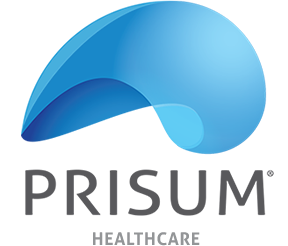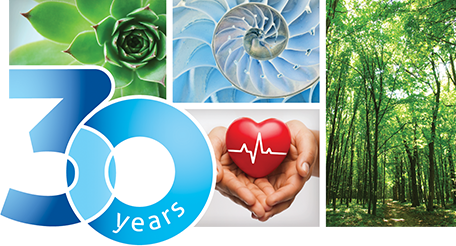

HumanoPedia
Antioxidant
The term antioxidant is used to define two groups of substances: industrial chemicals, which are added to products to prevent oxidation, and compounds that are to be found in their natural state in foods and tissues.
Natural antioxidants are substances that can prevent or slow down cell damage caused by free radicals (which come from radiation, pollution, smoking), unstable molecules that the body produces as it processes food and reacts to the environment. If the body cannot process and eliminate free radicals effectively, oxidative stress may occur, which leads to the manifestation of various disorders and to early aging.
Vitamins C and E are known for their natural antioxidant role.


ProHumano+ Products for healthy liver
Did you know?
Non-alcoholic Fatty Liver Disease is the most common chronic liver disease in children living in developed countries.
affects
Information source:
Pediatric Nonalcoholic Fatty Liver Disease: Prevalence, Diagnosis, Risk Factors, and Management Stavra A. Xanthakos, Rohit Kohli- Clinical Liver Disease, Vol. 1, No. 4, August 2012, AASLD
Causes, symptoms and prevention methods for hepatic steatosis
The liver is the largest internal organ in the human body and the only visceral organ that has the ability to regenerate completely, to its previous size and capacity, without losing its functions during the growth process.
The liver is responsible for over 500 essential functions, the main ones being in the body’s metabolic processes.














